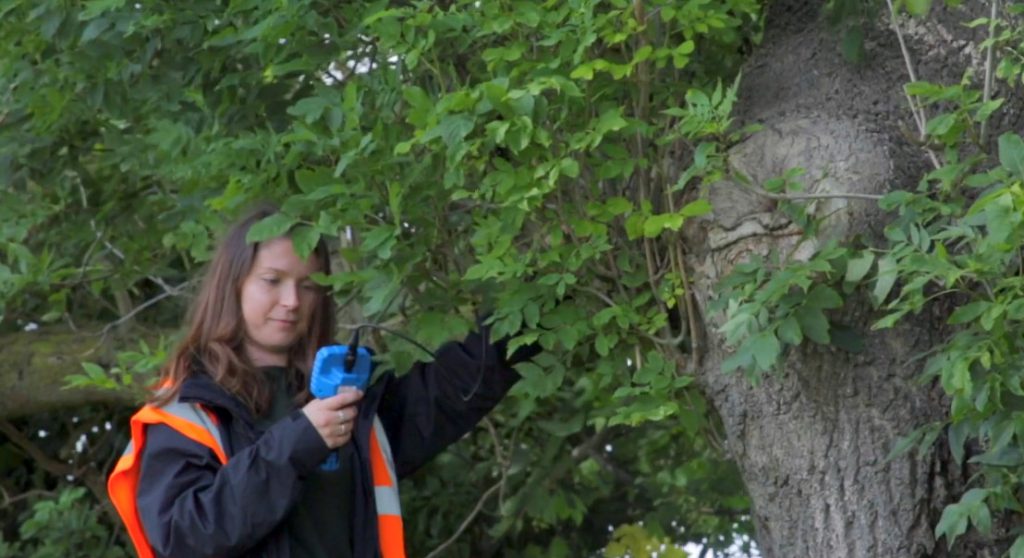Rural Features of Lincolnshire
A county saturated with countryside, Lincolnshire boasts of a multitude of rural features such as the dunes of Lincolnshire Marsh, the Jurassic rocks of Lincoln Cliff, the hills of Lincolnshire Wolds and the plains of the Fens. Based in the East Midlands, the county of Lincolnshire has a total of seven districts, consisting of the borough of Boston, the city of Lincoln, East Lindsey, North Kesteven, South Holland, South Kesteven and West Lindsey. From these seven districts, four are classed as largely or mainly rural.
As a thriving biodiverse location, agriculture has been a primary source of revenue for Lincolnshire for hundreds of years. From Lincolnshire farms, commonly grown types of produce include barley, cabbages, cauliflowers, rapeseed, onions, potatoes, sugar beet and wheat. In a census on the Lincolnshire countryside, statistics indicated that – at the time of the study – as much as 40.2% of residents lived in rural areas, equating to a total of 323,382 people. Although an abundance of green areas across the county could potentially mean an opportunity for developers to stage projects in the seven districts of Lincolnshire, it has caused Lincolnshire County Council to put restrictions in place, preventing the unnecessary destruction of natural assets.
Lincolnshire Ecology
Several known protected species are present in Lincolnshire, ranging from dormice in woodland areas and water voles near bodies of water to bitterns, buzzards and nightingales across the county and, according to the Lincolnshire Wildlife Trust, one of the highest populations of barn owl in all of the United Kingdom. Considering the high level of biodiversity in Lincolnshire and the sheer amount of protected species and green areas in the county, it’s no wonder that the local council’s planning policies ensure that land developments are only carried out within certain criteria.
As well as being a mandatory requirement to remain within the rules of relevant policies around building in Lincolnshire, doing so correctly will also avoid any potentially costly and lengthy delays to your project. It will also eliminate the likelihood of being penalised for breaching the rules of Lincolnshire County Council. The most effective way to follow regional and national rules accordingly would be through booking an ecology survey with a qualified ecologist. At this point, the entire site will be analysed and assessed, prompting any necessary next steps towards planning consent such as mitigation measures to remove potential stumbling blocks, or further assessments such as protected species surveys.
The Ecological Assessment Process
Once an ecology survey has been booked, the ecologist will visit your site at a suitable date and time. The first type of survey that they will be required to carry out is known as a preliminary ecological appraisal (PEA) (or Phase 1 Habitat Survey). Over the course of this assessment, the plot of land will be thoroughly inspected by the ecologist as they look for evidence of invasive species of plant and certain protected animal species. Surveys for plants could include giant hogweed surveys, Himalayan balsam surveys, injurious weed surveys and Japanese knotweed surveys, while protected species surveys could consist of badger surveys, bat surveys, dormouse surveys, great crested newt surveys, otter surveys, reptile surveys and water vole surveys.
An ecology report including all of the ecologist’s findings from the survey will then be created. Within it, there will be effective recommendations to solve any factors that could cause an issue with the land development project. For example, it could be that a protected species survey is needed to assess the circumstances of inhabiting wildlife. Alternatively, if the ecologist identifies evidence of Japanese knotweed on the site, a Japanese knotweed survey would be needed. The ecology report will then be passed on to the local planning authority to contribute to your application for planning consent.
Ecology Consultancy in Lincolnshire
For ecological consultancy on land development projects in Lincolnshire, our ecologists are capable, professional and suitably qualified. We have ecological consultants across the United Kingdom, allowing for ecology surveys in Lincolnshire or practically any other part of the country. Our surveyors are also sufficiently aware of local ecology and the planning policies enforced by Lincolnshire County Council, making the service they provide informed and impactful.
By getting in touch with Arbtech, you can make a grounded decision as you will be issued a free quote based on your site and project. Simply enter in your details on the ‘Get Your Free Quote‘ form below or visit our ‘Contact Us‘ page for more information on speaking to one of our team and booking an ecology survey.


